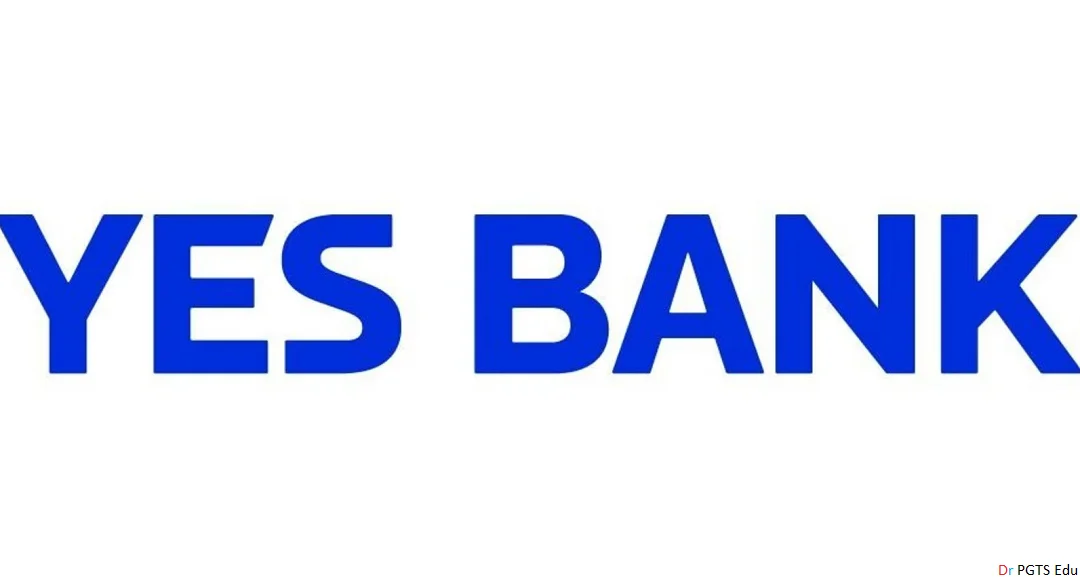Yes Bank, one of India’s most discussed private sector banks, has made an impressive turnaround in recent years. After facing a near-collapse in 2020, the bank is now charting a new course with a strategic revival that’s turning heads in 2025. This revival isn’t just about survival—it’s about transformation. With renewed investor confidence, innovative financial products, and robust digital banking initiatives, It has positioned itself back on the map of India’s competitive banking sector.
A Brief Look Back: The Start of Yes Bank
Founded in 2004, Yes Bank quickly rose to prominence as a new-age private lender offering modern banking solutions to retail and corporate customers. The bank was known for its aggressive expansion and customer-centric approach. However, by 2020, it faced a serious financial crisis due to mounting bad loans, governance issues, and erosion of investor confidence, prompting an intervention by the Reserve Bank of India (RBI).
In a dramatic rescue, RBI and a consortium of Indian banks led by the State Bank of India (SBI) infused capital and restructured Yes Bank’s management. What followed was one of the most closely watched comebacks in Indian banking history.
The Bold Revival Strategies in 2025
As of 2025, Yes Bank’s comeback is driven by several aggressive and well-executed strategies:
1. Digital-First Banking Approach
Yes Bank has transformed itself into a digital-first bank with cutting-edge mobile and online banking platforms. The bank has launched AI-driven chatbots, intuitive mobile apps, and smart investment tools to cater to digitally savvy customers. With increased focus on fintech partnerships and UPI services, Yes Bank is targeting India’s fast-growing youth and urban population.
2. Asset Quality and Risk Management
One of the biggest criticisms Yes Bank faced in its crisis years was poor asset quality. In 2025, the bank has made significant strides by adopting robust risk management frameworks and reducing its Net NPA (Non-Performing Assets) ratio. Real-time monitoring systems and a conservative lending policy have helped mitigate future risks.
3. Focus on MSMEs and Green Finance

Yes Bank has strategically focused on Micro, Small, and Medium Enterprises (MSMEs), a segment critical to India’s economic growth. It has rolled out specialized loan products, digital onboarding, and credit assessment tools tailored to MSMEs. Additionally, Yes Bank is a pioneer in green financing, supporting renewable energy projects and sustainable businesses, which aligns with global ESG (Environmental, Social, and Governance) goals.
4. Strong Leadership and Governance
Post-crisis, the bank witnessed a leadership overhaul. With a new board, experienced professionals from global financial institutions, and a focus on compliance and transparency, Yes Bank’s governance structure is now more accountable and future-focused.
5. Strategic Partnerships and Alliances
Yes Bank has entered into alliances with fintech startups, insurance providers, and NBFCs to enhance service delivery. The focus is on innovation through collaboration—offering bundled services like insurance with savings accounts and expanding its reach through co-branded credit cards and merchant services.
Yes Bank in 2025:
| Category | Details |
|---|---|
| Bank Name | Yes Bank Limited |
| Founded | 2004 |
| Headquarters | Mumbai, Maharashtra, India |
| Current CEO & MD (2025) | Prashant Kumar |
| Ownership Structure | Public with major stake by State Bank of India and other consortium banks |
| Key Focus Areas (2025) | Digital Banking, MSME Lending, Green Finance, Retail & Corporate Banking |
| Digital Services | AI chatbots, Mobile App, UPI, Net Banking, Smart Investment Tools |
| Net NPA (2025) | Reduced significantly (exact % may vary, e.g. ~1.2% as per latest reports) |
| Market Strategy | Fintech Partnerships, Sustainable Finance, Customer-Centric Products |
| Mobile App Ratings | 4.5+ on Google Play Store and Apple App Store |
| Popular Products | SmartEdge Savings Account, YES Premia, Credit & Debit Cards, FD, RD |
| Recent Trends | Share price recovery, trending on social media, MSME campaign success |
| Notable Achievement | Major digital transformation post-2020 crisis |
Key Features of Yes Bank in 2025
-
24/7 AI-powered digital banking
-
Smart investment tools for mutual funds and SIPs
-
Custom MSME loan packages
-
Secure, instant UPI and payment gateway solutions
-
Eco-friendly loan schemes and green bonds
-
Reward-rich credit and debit cards
Benefits of Banking with Yes Bank
-
Faster and safer digital transactions
-
Competitive interest rates on savings and FDs
-
Tailored financial solutions for individuals and businesses
-
Responsive customer support and grievance redressal
-
Early salary credit and zero-balance accounts for salaried professionals
Obstacles Faced and Overcome
Yes Bank’s journey has not been without obstacles. The bank had to regain public trust, rebuild its capital base, and navigate regulatory scrutiny. Additionally, the competitive environment with private banks like HDFC, ICICI, and newcomers like Jio Financial Services intensified the pressure. However, clear communication, timely disclosures, and consistent performance reports have helped rebuild credibility.
Yes Bank Trending in India
In 2025, Yes Bank is making headlines again—but this time for the right reasons. Its stock price has shown steady recovery, and its mobile app is among the top-rated financial apps on both Android and iOS. Social media buzz around its customer rewards program and MSME services is growing, particularly on platforms like X (formerly Twitter) and LinkedIn.
Yes Bank’s story is one of grit, reform, and futuristic thinking. With its bold strategies, technological investments, and renewed customer focus, the bank is well on its way to becoming a strong contender in India’s financial ecosystem. For investors, account holders, and market watchers, Yes Bank in 2025 is not just a comeback—it’s a case study in resilience.
Read also: Setting up of business entities

